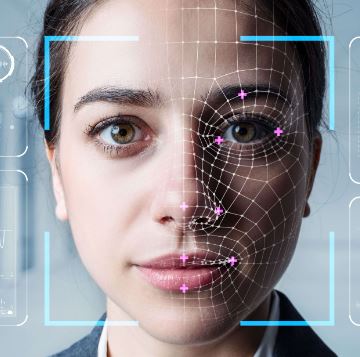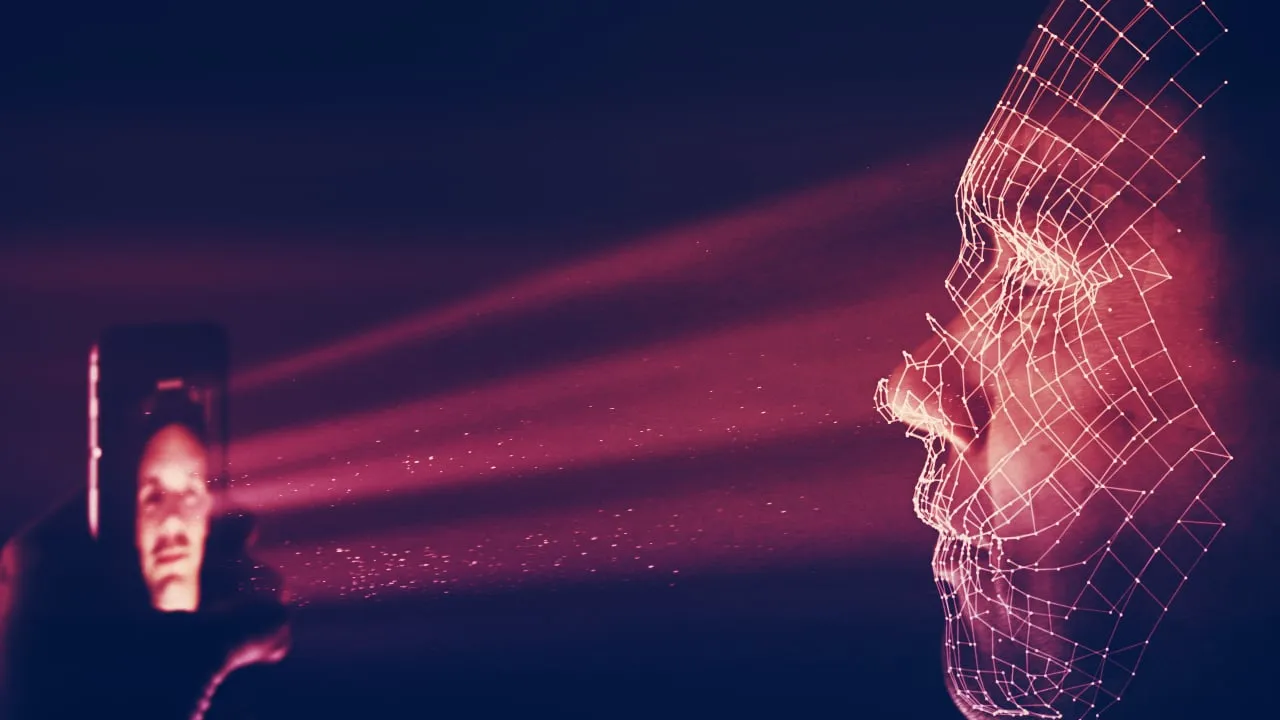According to writer Ted Chiang, generative AI will never produce genuine art, regardless of its level of capability.

Chiang, who is most renowned for the novella “Story Of Your Life” (which was converted into the film “Arrival”), is one of the most admired science fiction authors of the present day. However, he has also written exceptional articles for The New Yorker that examine the perils and deficiencies of AI.
You must peruse his most recent article in its totality; however, I will provide a concise summary: Chiang contends that the potential of large language models is “largely theoretical” and that generative AI has been most successful in “lowering our expectations, both of the things we read and of ourselves when we write anything for others to read.”
It is a technology that fundamentally dehumanizes us, as it regards us as less than what we are: creators and apprehenders of meaning.
Chiang contends that the output of LLMs will never be considered art, a term he recognizes as “notoriously difficult to define.” Nevertheless, he tries to define it: “Art is a product of numerous decisions.” Certainly, those decisions may not yield a novel, painting, or film that is particularly noteworthy; however, you are still “participating in a communication act with your audience.”
Chiang concludes, “We are all products of our ancestors; however, it is through our interactions with others that we infuse the world with significance.” “That is an impossible task for an auto-complete algorithm, and do not be deceived by anyone.”



